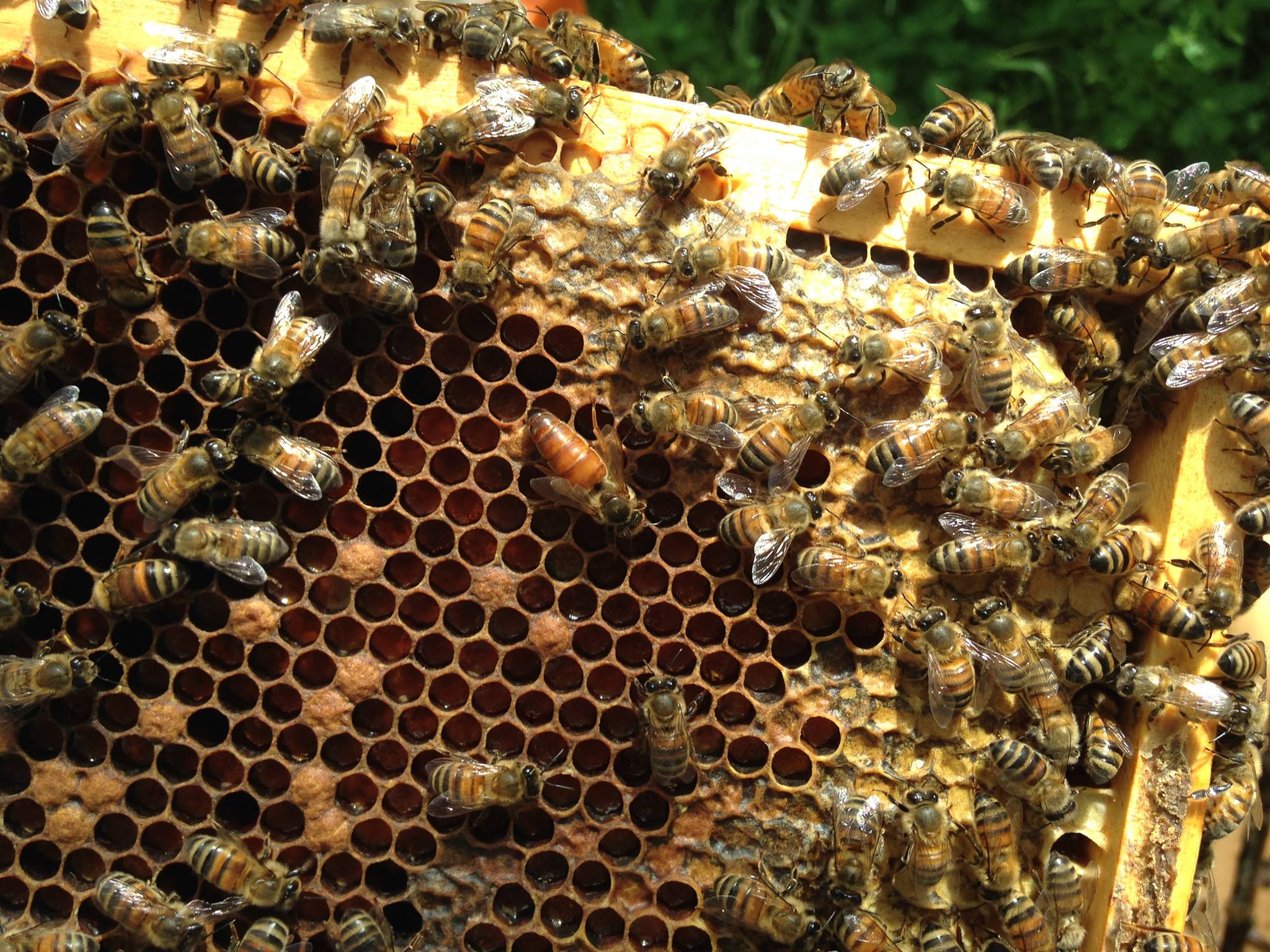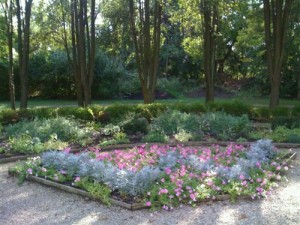By Tiffany Moore
Transcript Correspondent
tpmoore@owu.edu
The coronavirus created many first’s for Ohio Wesleyan, but not all of them are bad.
OWU will still host its annual Student Symposium this year, but for the first time it will be online, opening it up indefinitely to a wider audience and giving students more room to show off their projects.
Typically, the symposium is a one-day event where students present their research projects live or on posters. But this year, they will get an opportunity to create a webpage that is scheduled to go live the week of May 4. OWU will train chosen applicants to create web pages using the university’s content management system.
The Student Symposium is used to showcase summer internships, theory-to-practice grants, senior capstones and other academic projects done by OWU students.
The website will be open to the public indefinitely, which is expected to boost the audience and offer an opportunity for prospective students to view student research projects, said Will Kopp, OWU’s chief communication officer.
“I think it will be something that OWU will be proud to show to prospective students and families,” Kopp said.
Students can create a webpage to show videos, photos, text and illustrations related to their research. Previously, about 40-to-50 applicants applied annually, including those applying for presentation or posters.
This year, 30 students applied, but that is a good number considering current circumstances and changes due to the virus, said Lisa ho, assistant director of international and off-campus programs.
“We feel very good about how many students were still willing to participate given the new format,” Ho said.
The research topics evenly cover academic disciplines such as humanities, social sciences and natural sciences. They are also well distributed between independent studies, class projects and grant-funded programs, Ho said.
Digital posters of research projects from previous years can still be accessed through the OWU library Digital Commons site, said Ellen Arnold, associate professor of history and manager of this year’s student symposium,
Arnold says she hopes students will feel proud of the work they have done while using the new online format.
“I hope that all the students involved will feel proud of the fact that such a wide audience will be able to see the results of their hard work,” Arnold said.
The symposium will be promoted to students, families and prospective students through email, social media and the OWU website. The site will also be linked from major web pages to draw in a larger audience, Kopp said.


